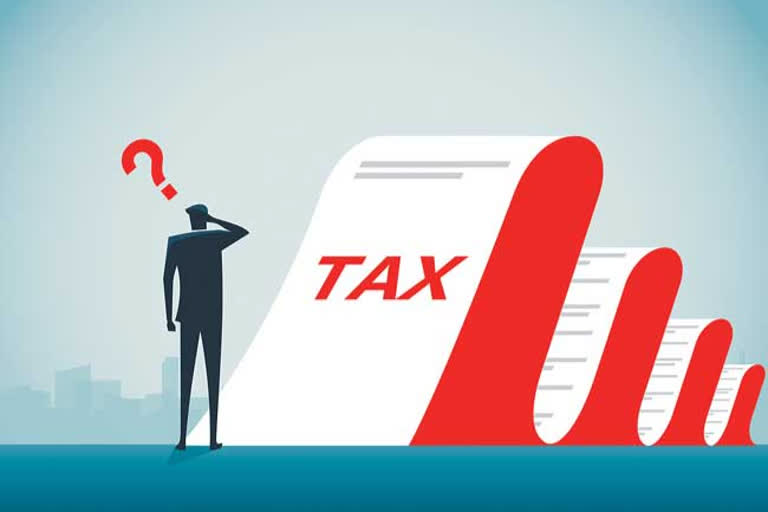Hyderabad: Tax savings require careful planning. You have just three more months left for the end of the financial year. Tax planning should have been done already. Last minute decisions will not yield desired benefits. In such cases, a larger amount of investment would be required to save tax. In a hurry, one may commit mistakes in the selection of savings plans. Tax exemption may be available but there will be difficulties in achieving the target.
First, find out how much tax you will have to pay for the financial year 2022-'23 (Assessment Year 2023-'24). Know your total income and tax bracket. Income from all sources such as salary, business, interest from deposits, short and long term profits from shares, mutual funds and gifts. Don't forget that the Income Tax Department knows your every detail.
Your Annual Information Statement (AIS) includes all your income and high value transactions. Talk to your office's accounts department to find out how much tax you will have to pay. Find out what are the savings opportunities. After that one can decide which schemes to choose for investment. Interest paid on home loan, EPF and life insurance premiums are exempted from tax.
Also Read: IT tips: Don't wait till last minute, opt for tax-saving schemes now
There are many ways to save taxes but many people opt for insurance policies. It should be noted that tax saving is just an additional benefit provided by insurance policies, but relying entirely on them can damage our financial plans. Make sure to have at least 12 times the annual income insured. For this, unlike conventional policies, try to take a term policy.
The amount of return is also important in tax savings schemes. Savings in secured schemes are guaranteed returns. When investing in market based schemes, there are no exact expectations of returns. For example, VPF (voluntary provident fund) returns 8.10 percent while 7.10 percent interest is being received on PPF (public provident fund).
There is no tax on returns under some plans. The ELSS schemes are returning up to 10-15 percent. Investing in some schemes is tax exempt. But, the income/interest received should be included in the total income and tax paid as per the applicable slabs. Your list should be a mix of good savings-investment schemes. Only then will the desired goal be achieved. Make an investment decision only when you are clear.
The investment in Equity Linked Savings Schemes (ELSS) offered by mutual funds should be maintained for at least three years. Tax saving fixed deposits in banks cannot be withdrawn for five years. Insurance policies also have a fixed term. So, if one chooses tax saving schemes without understanding about the duration, they can't withdraw later.



